2012: A VERY BUSY YEAR
Benedict XVI kept up a busy schedule throughout 2012, traveling to three foreign countries, presiding over a World Synod of Bishops, and turning out yet another bestselling book.
Following are 10 highlights of the Pope’s year:
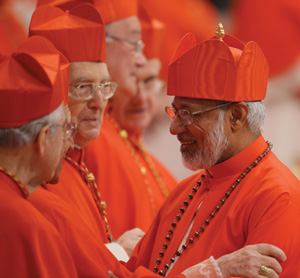
2. Visiting Latin America in March, Pope Benedict told Mexicans that no secular ideology can free the region from poverty, violence and other social problems without faith in Christ. Human rights activists complained about the Pope’s decision not to meet with political dissidents in Cuba, but during his visit he appealed for greater religious liberty under the Communist regime and persuaded President Raul Castro to make Good Friday a national holiday.
3. In four speeches from January to May, the Pope told U.S. bishops visiting the Vatican that the Church must engage all the more closely with America’s increasingly secular society for the benefit of the entire nation, by defending values that include religious liberty, sexual morality and the traditional definition of marriage.
4. The year’s biggest public distraction for the Pope and his collaborators was surely the so-called “VatiLeaks” affair, over the publication of private papal correspondence and other documents, some of them alleging mismanagement and corruption within the Vatican. The news became a global story following the May arrest of the Pope’s butler, whom a Vatican court in October found guilty of aggravated theft for his role in the leaks.
5. The Vatican made several high-profile moves to reinforce the religious identity of Catholic institutions. In May, it announced a major reform of the U.S. Leadership Conference of Women Religious to ensure the group’s fidelity to Catholic teaching in areas including abortion, euthanasia, women’s ordination and homosexuality. The Vatican also tightened its control of Caritas Internationalis, the global confederation of Catholic aid agencies.
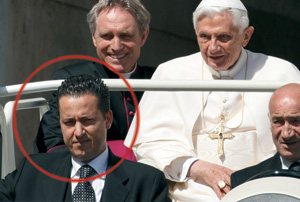
7. In October, the world Synod of Bishops on the new evangelization brought more than 260 bishops and religious superiors to the Vatican, along with dozens of official observers and experts, to discuss how the Church can revive and spread the faith in increasingly secular societies.
8. Pope Benedict marked the 50th anniversary of the opening of the Second Vatican Council and the start of a special Year of Faith by celebrating Mass in St. Peter’s Square October 11. In his homily, the Pope called on Catholics to revive the “authentic spirit” of Vatican II by re-proposing the Church’s ancient teachings to an increasingly Godless modern world.
9. Just in time for Christmas, publishers released Jesus of Nazareth: The Infancy Narratives, the third and final volume in the Pope’s popular series on Jesus’ life and teachings.
10. Only a day after Pope Benedict inaugurated his Twitter accounts on December 12, he had already attracted 1.7 million followers. (Selection from CNS)
THE COMING YEAR
B
1. Italian elections: February 24, 2013. For the Pope and other Italian bishops, a prime concern will be whether voters elect a center-left majority that could bring Italy into sync with other major Western European countries — and out of line with Catholic moral teaching — on such issues as in vitro fertilization and legally recognized unions of same-sex partners.
2. Worldwide solemn eucharistic adoration: On the feast of Corpus Christi, June 2, Pope Benedict will lead an hour of Eucharistic adoration to be observed simultaneously around the world, highlighting a traditional devotion that largely fell out of use in the decades after the Second Vatican Council, but which has lately grown more popular with the Pope’s personal encouragement.
3. New Encyclical: Pope Benedict’s fourth encyclical, treating the subject of faith, will be released in the first half of next year, very possibly in the spring, according to Fr. Federico Lombardi, t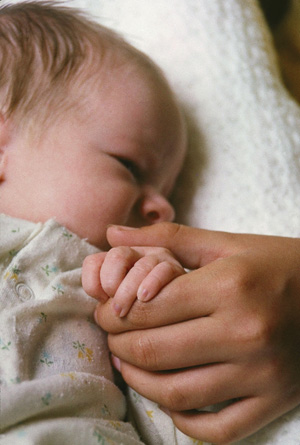
4. New charter for health care workers: The Vatican plans to publish in June an updated version of its 1995 guidelines for Catholic hospitals, taking into account nearly two decades of technological developments and political trends in areas including abortion, euthanasia, embryonic stem-cell research and human cloning.
5. World Youth Day in Rio de Janeiro: Hundreds of thousands of young Catholics are expected to gather in Rio in July for a week of events whose highlight will be the presence of the Pope, encouraging them to cultivate their faith and religious identity.
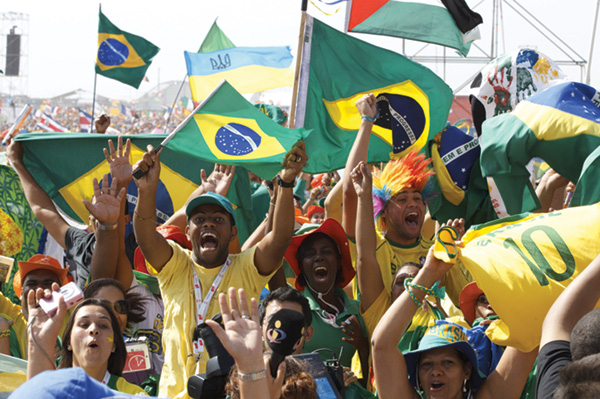
7. New Secretary of Vatican State? Cardinal Tarcisio Bertone is already three years past the standard retirement age of 75.
Some commentators, especially in the Italian press, have accused him of neglecting necessary administrative reforms and blamed him for mismanagement documented in the so-called “VatiLeaks” of confidential correspondence.
8. New archbishop of Chicago? Cardinal Francis E. George, who has led the Archdiocese of Chicago since 1997, turned 75 — the age at which bishops must offer to resign.
9. New cardinals? The number of cardinals under the age of 80, the only ones eligible to vote for the next Pope, will be down to no more than 110 by October 19. Pope Benedict could choose to boost their number to the legal limit of 120 by calling a consistory on the day before the feast of Christ the King (November 24, 2013), a traditional occasion for the creation of cardinals and the last day of the Year of Faith.
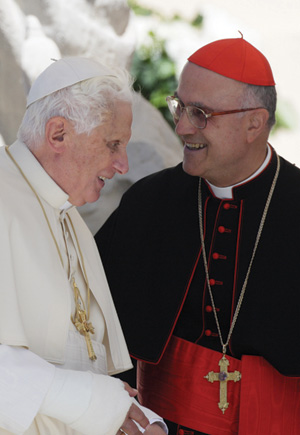

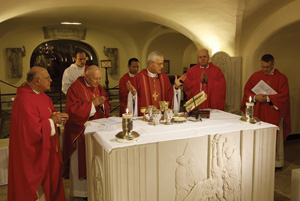
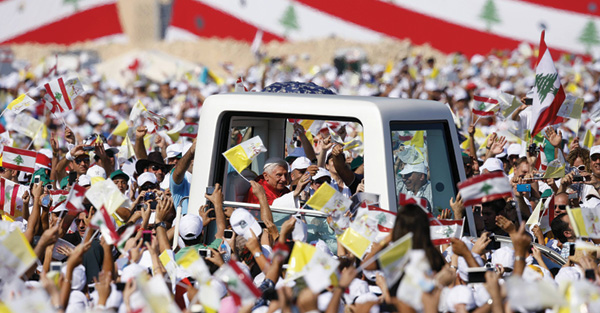
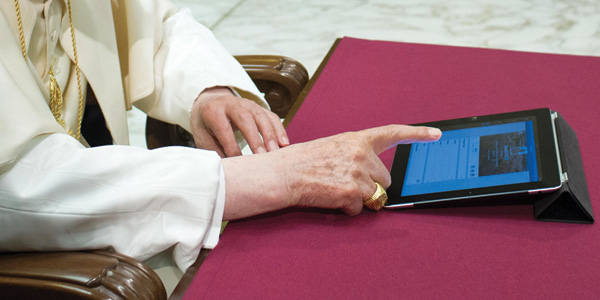
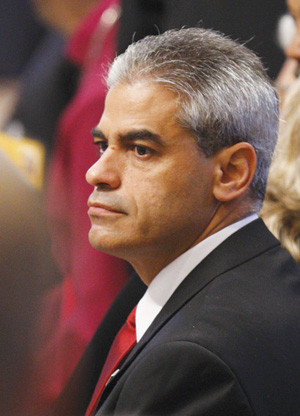
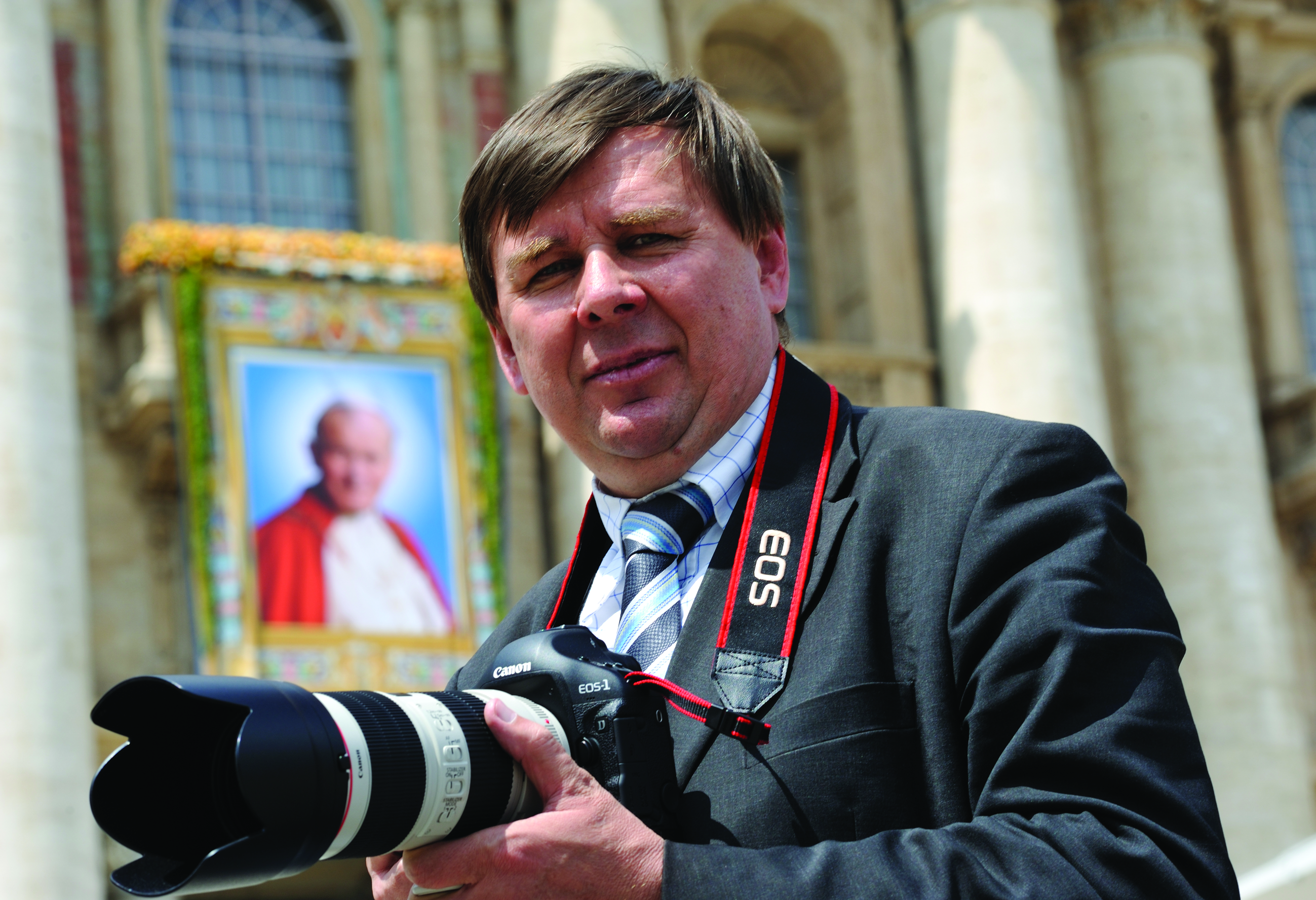
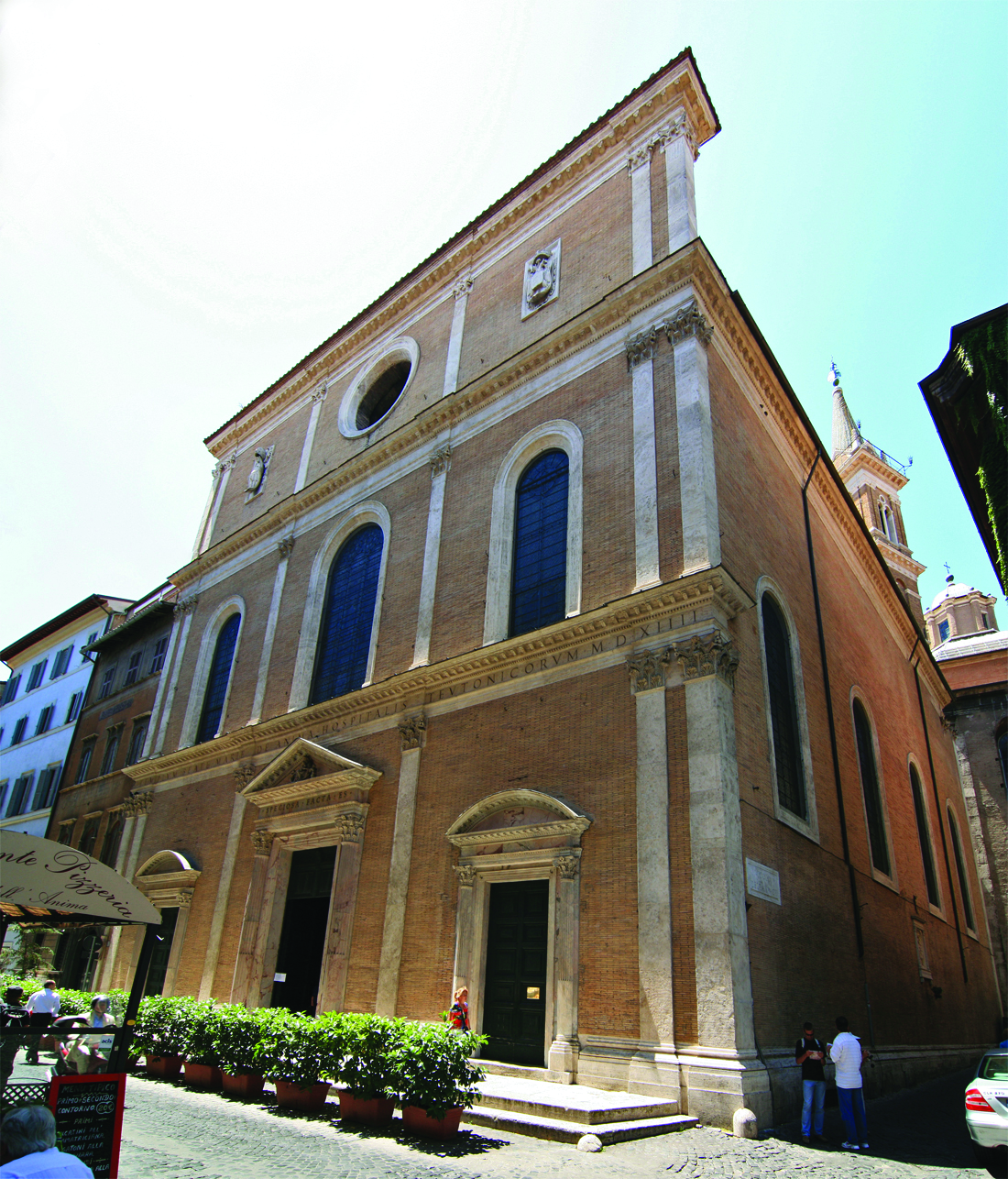
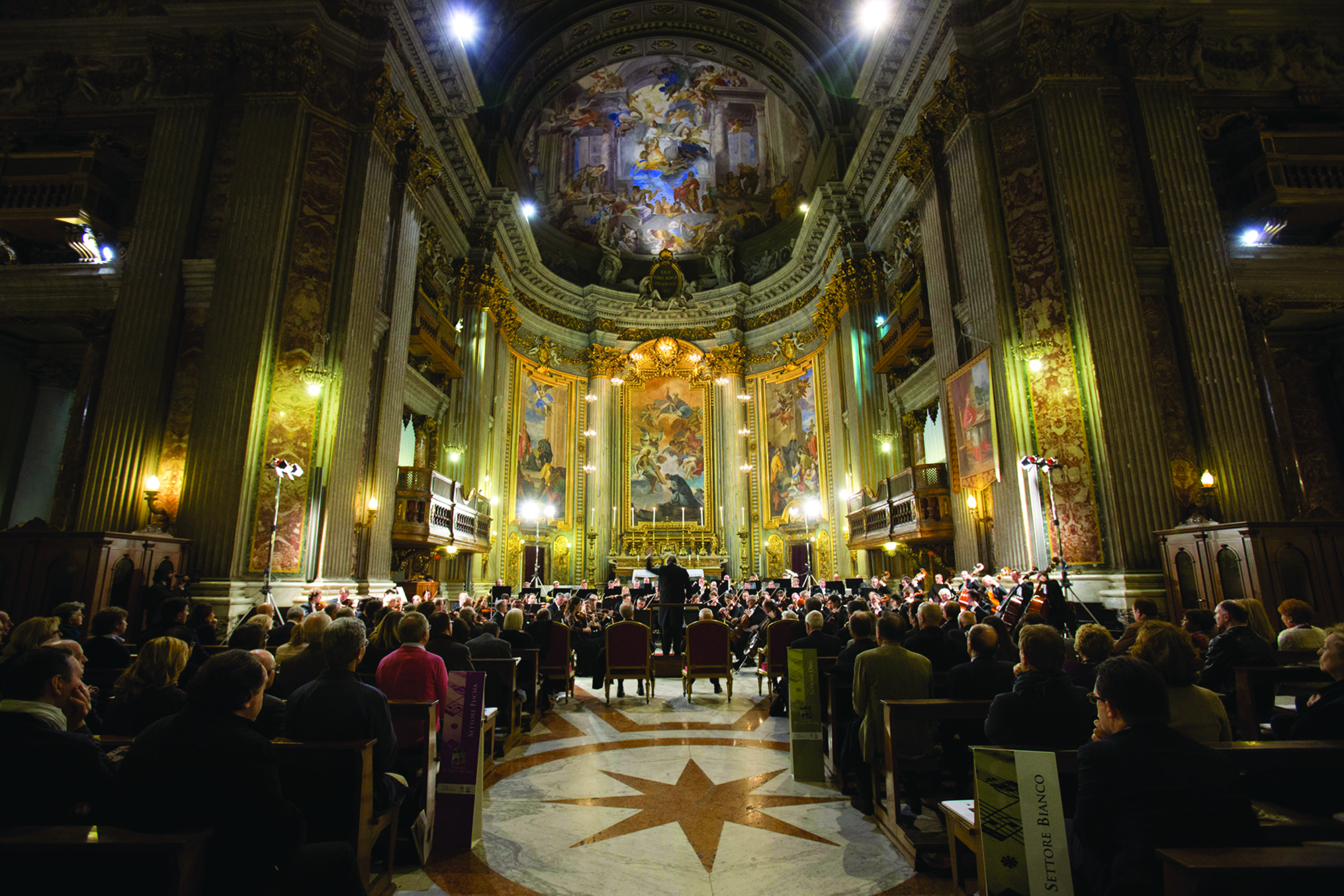
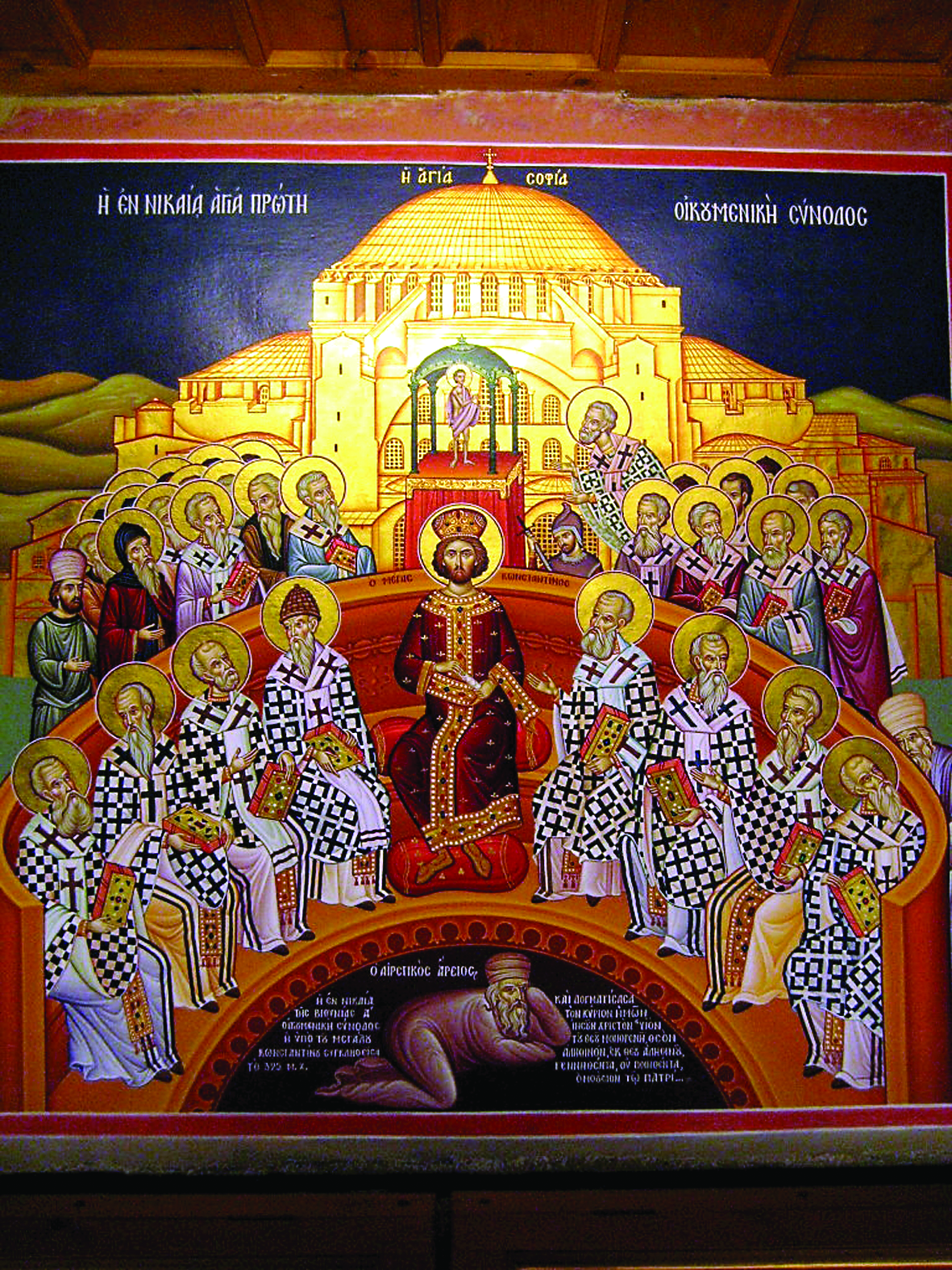
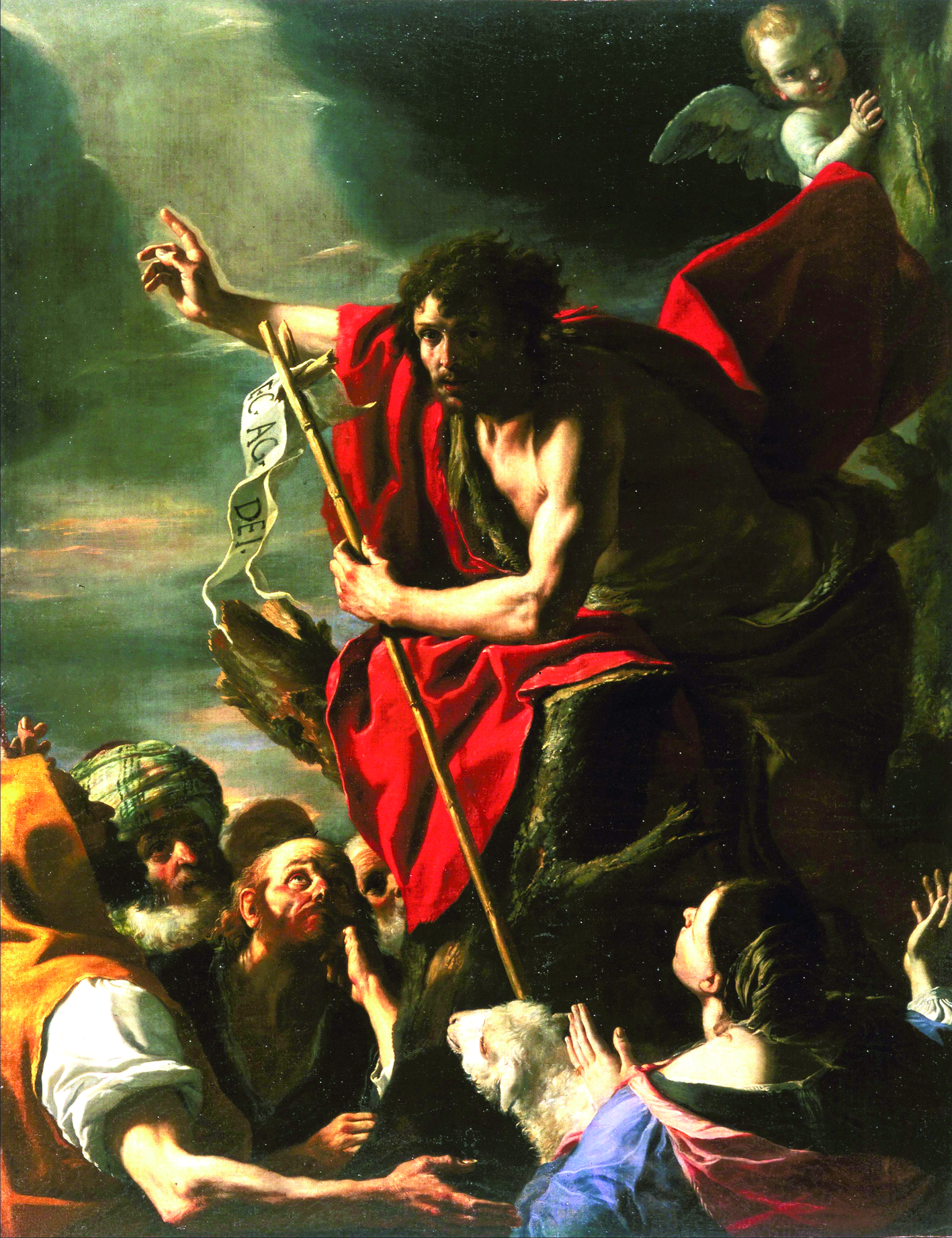
Facebook Comments